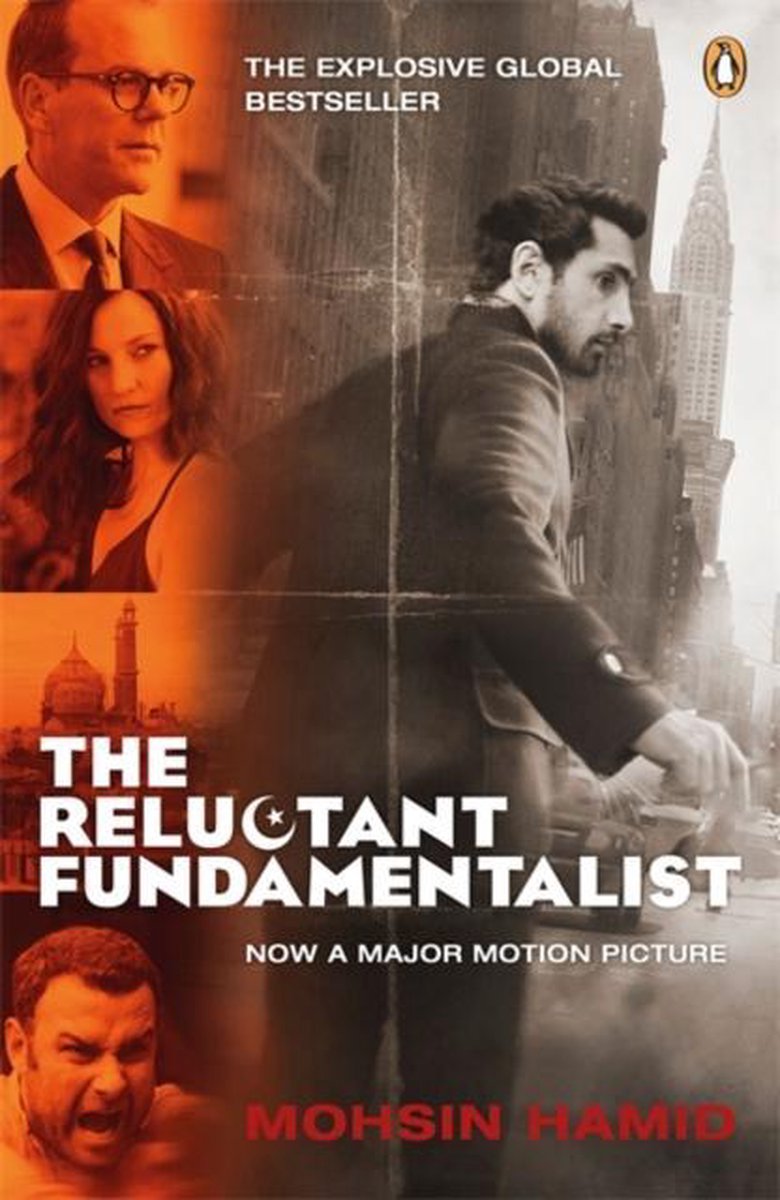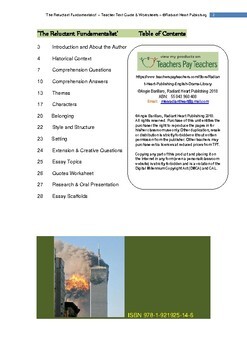

Or elsewhere, Changez tells his American listener that “I see from your expression that you do not believe me.

To illustrate, as it is concerned with Mohsin Hamid’s The Reluctant Fundamentalist, the reader’s suspicion grows once Changez detects a note of skepticism in the American’s expression about the reliability of his narrative, and therefore, asks his silent interlocutor to trust him and maintains that “I am not in the habit of inventing untruths! And moreover, even if I were, there is no reason why this incident would be more likely to be false than any of the others I have related to you” (Hamid, 2007b:173). What is more, the presence of the reticent “auditor”, in the words of Byron, “serves to challenge the apparently monological voice, to dialogise the speech and imply the possibility of other perspectives than the one we are offered by the speaker” (2003:20).įrom this viewpoint, one may suggest, exploiting dramatic monologue makes the reliability of the novel’s narrator a matter for debate. Generally, as Byron emphasizes, dramatic monologue culminates with the “absence of any clear guiding authorial voice” and, as a consequence, galvanizes the reader into generating their own response (2003:21). Indeed, the manipulation of dramatic monologue makes the narrative profoundly ambivalent.


The novel is written in dramatic monologue and is inspired by Albert Camus’s The Fall. Defining trauma as “a recalibration of feeling so violent and radical that it resists and compels memory, generating stories that cannot, yet must, be told”, Richard Gray complains about a spate of the representations of trauma in fictional rhetoric in his “Open Doors, Closed Minds: American Prose Writing at a Time of Crisis” (129).Ĭontrary to the rampant traumatic fictional representations of 9/11 attacks, Mohsin Hamid’s The Reluctant Fundamentalist delineates the experiences of its Muslim protagonist prior to and in the wake of the terrorist attacks of September 11, 2001. While the initial responses to the terrorist attacks of Septemin fiction were confined to “trauma narratives” and “Muslim misery memoires”, Mohsin Hamid’s The Reluctant Fundamentalist portrays “a sly intervention that destabilizes the dominant categories of the post-9/11 novel, undercutting the impulse to national normalization through the experience of its protagonist” (Morey 136). The fellow novelist Robin Yassin-Kassab extols the merits of Mohsin Hamid’s The Reluctant Fundamentalist and describes the novel as “the most successful recent novel born out of a desire for dialogue post-9/11” (143). Author: Amir Riahi Nouri, Alborz Campus, & Ali Salami


 0 kommentar(er)
0 kommentar(er)
